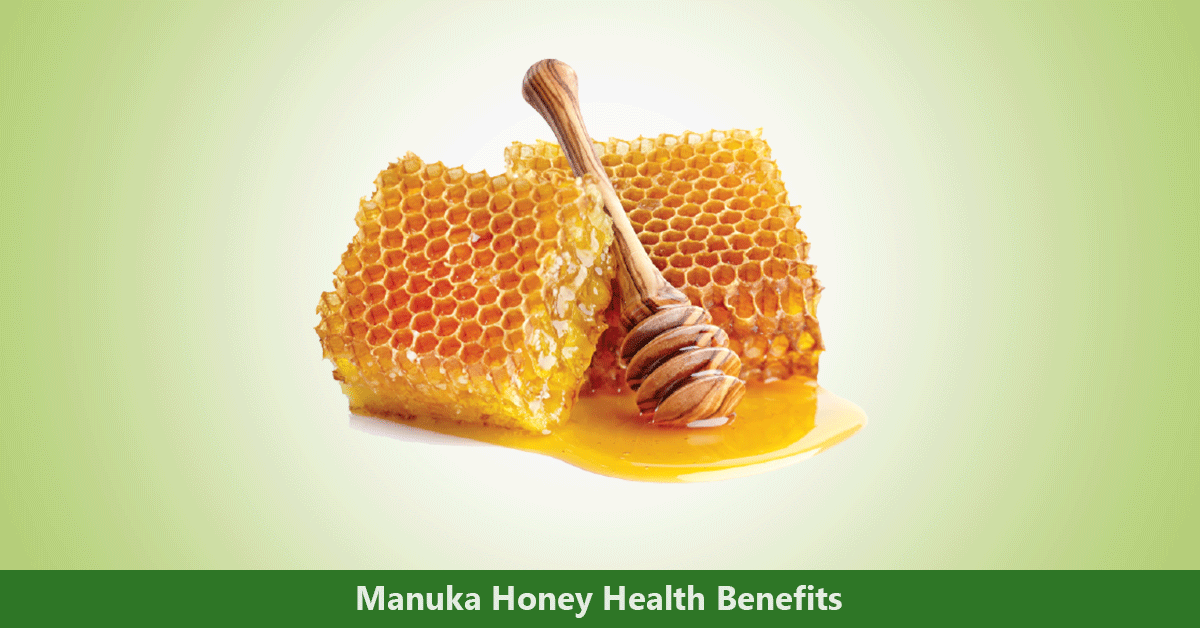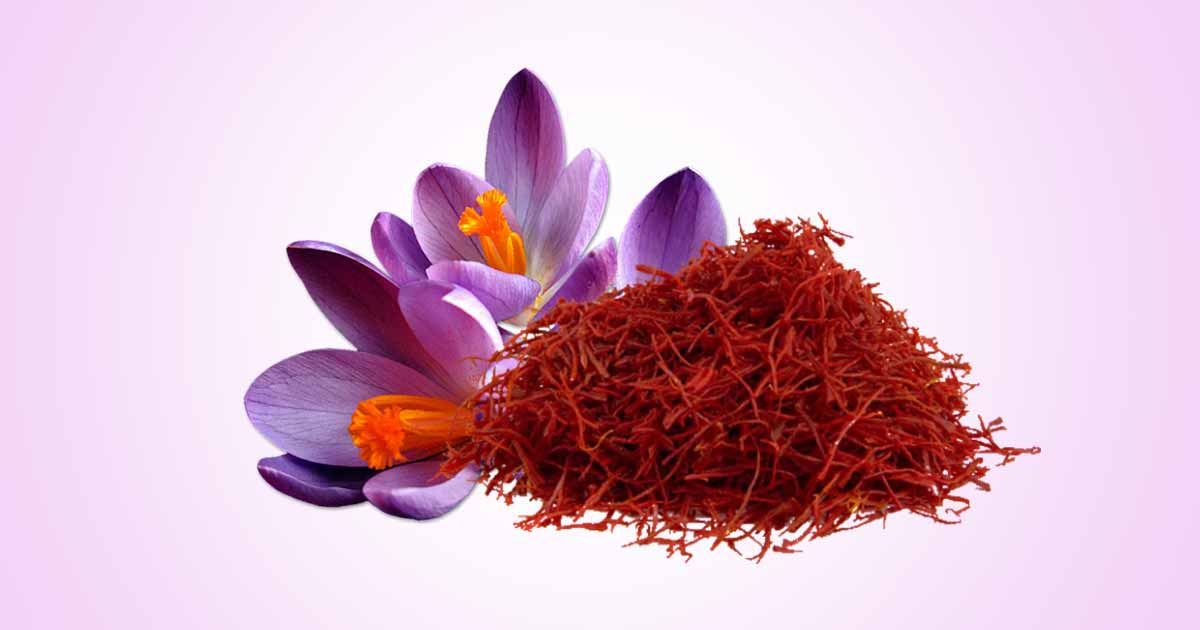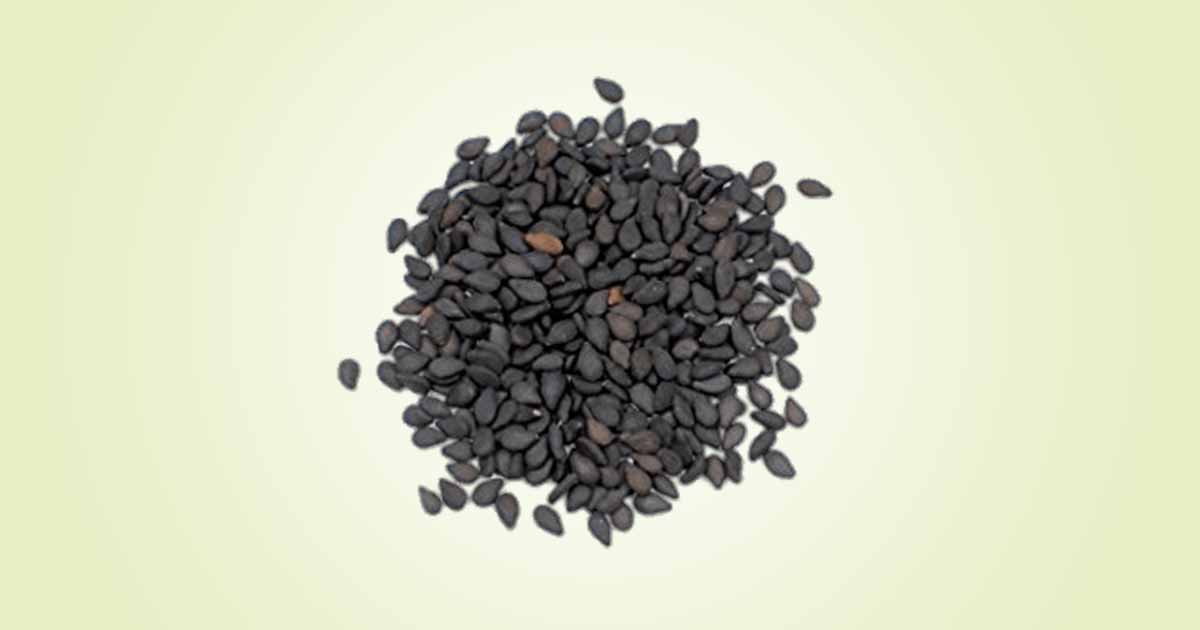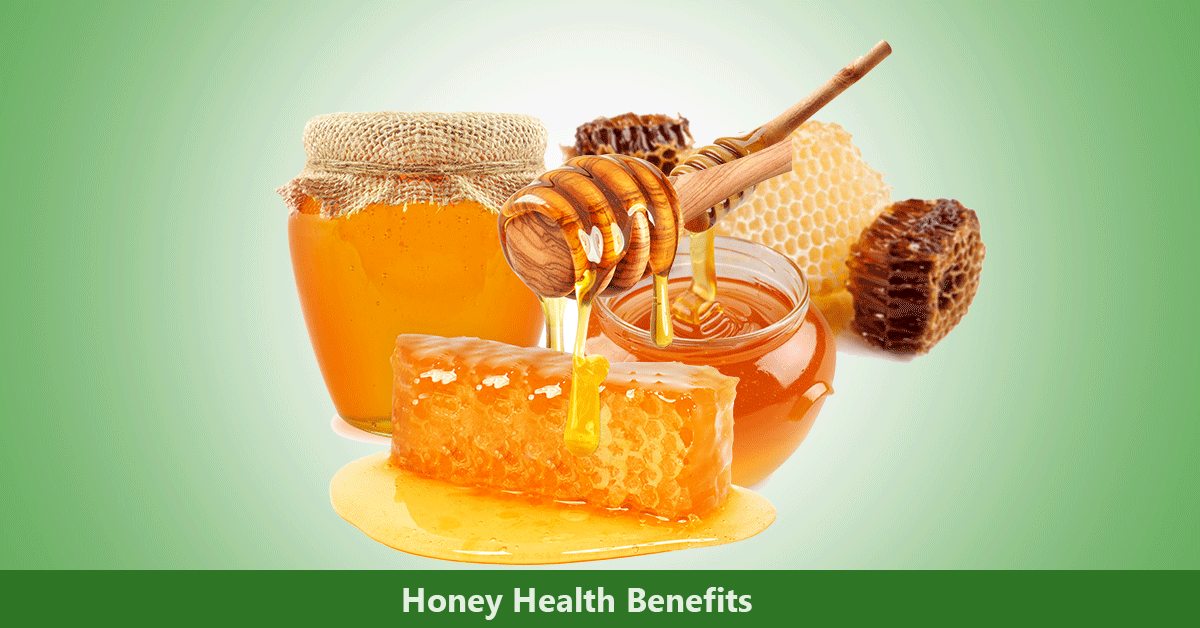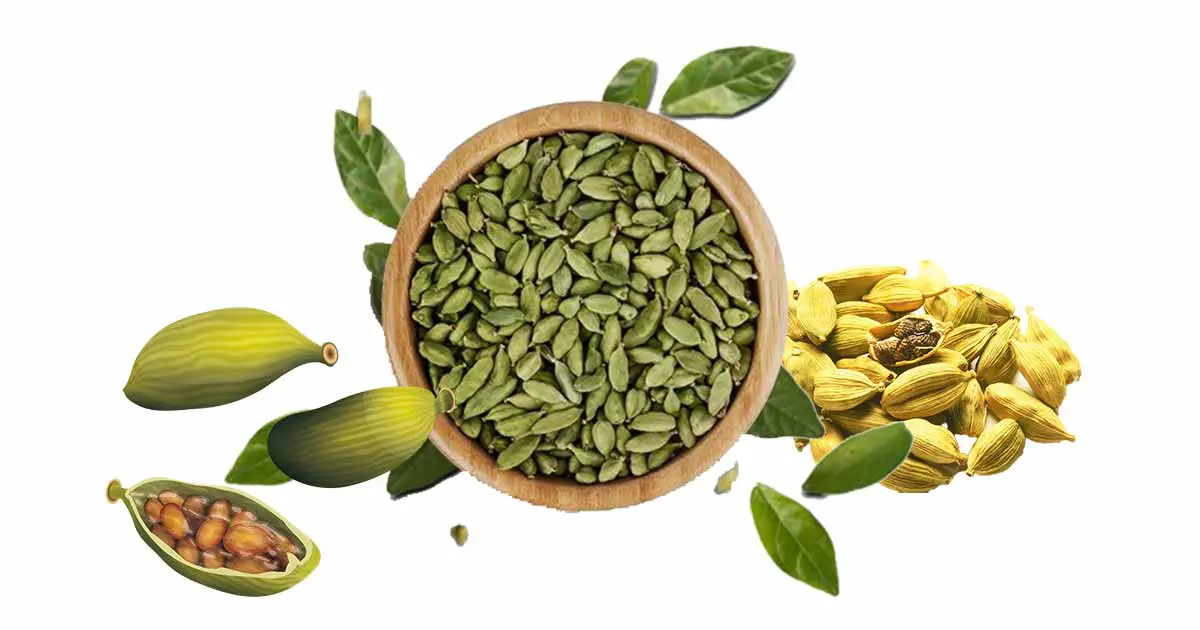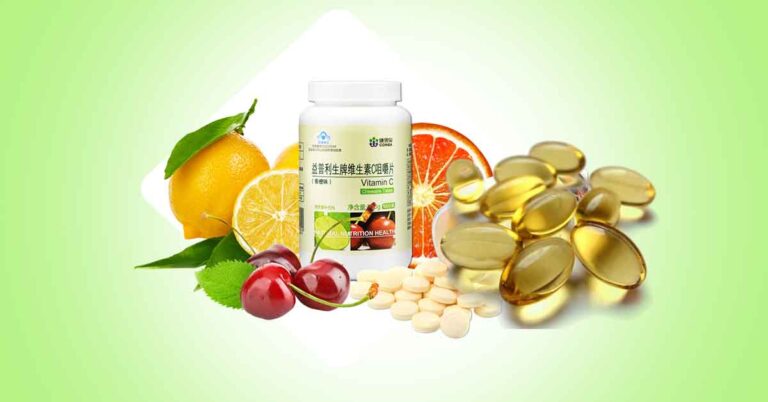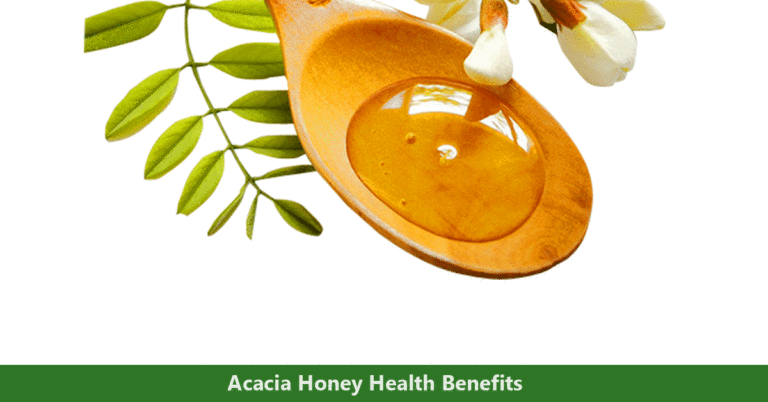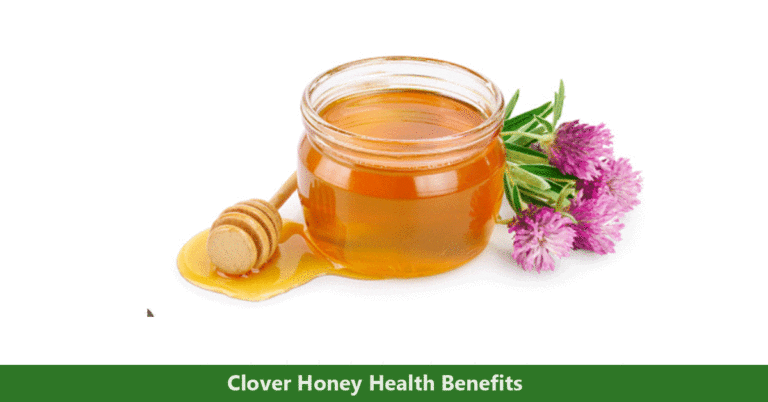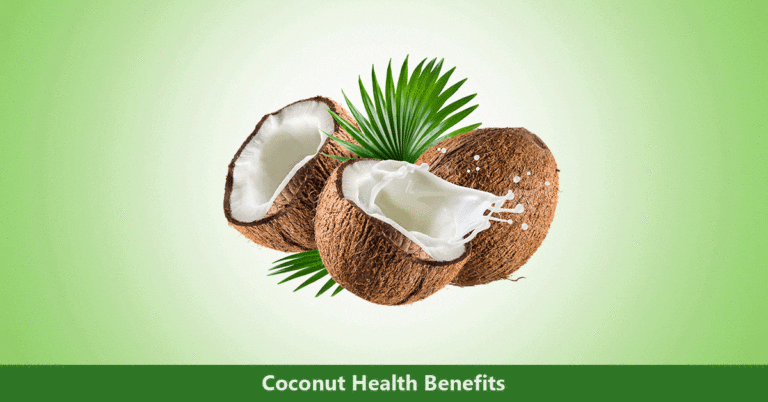Manuka “leptospermum scoparium” is a flowering plant indigenous to South East Australia and New Zealand. The plant of manuka honey is used as an ornament in different places and has different color of flowers (pink, white, red). The leaves are often used as tea in New Zealand, known as the New Zealand Tea. The name, “Manuka” is derived from the Maori language in New Zealand.
Manuka honey is now extremely popular as a medicinal agent and nutritional constituents for food and is known to have the most effective medicinal properties compare to other honeys.
Composition of Manuka Honey
Manuka honey has been assessed for its nutritional and phytochemical composition. It contains certain nutritional value like:
- Carbohydrates (sugars) like glucose, fructose, sucrose, and maltose
- Proteins
- Minerals like zinc, calcium, phosphorous, magnesium, selenium, chromium, and manganese
- Vitamins like vitamin C, vitamin, vitamin B3, vitamin B5, vitamin B6, vitamin B9
Bioactive Constituent
There are bioactive compounds which are gotten from catalytic and oxidation of glucose, and these compounds include:
- Hydrogen peroxide (which is used tropically and exhibit antibacterial properties).
- D-glucono-δ-lactone (which helps decrease the pH, and water content of the honey. In addition, it has antibacterial properties and preserves the stability of the honey on storage. It prevents microbial growth.
- Propolis is one of the constituents found in manuka honey. Propolis also contains p-coumaric acid galangin, pinocembrin, phenolic acids. These compounds are responsible for the anti-inflammatory, antioxidant properties of the honey. However, the level of propolis in the honey varies due to the processing and removal of other substances.
- Methylglyoxal (the main antibacterial compound in manuka honey).
- Methyl syringate (an antioxidant)
- 4-hydroxybenzoic acid (which inhibit pancreatic lipases and aids the digestion of fats)
- Benzoic acid (which has an antifungal activity)
- Kojic acid (which enhances the properties of antifungal agents).
How Manuka Honey is Extracted
Just like other honey, manuka honey is produced by bees through the collection of manuka nectar for processing.
Health Benefits of Manuka Honey
Manuka honey can be used both orally or tropically, is likely safe for use and is used as a natural sweetening agent, in cough preparations. It is also applied topically on eczema, rashes, minor sores, insect bite, injuries. The honey is also used as an ingredient in the preparation of various anti-pruritic, antifungal and antibacterial creams.
It is also added to various cosmetic products like anti-wrinkle cream, facial cleanser, body lotion, moisturizer, lip balm, hand wash and soap. It’s also formulated as capsules, lozenges, and syrups for oral consumption.
This honey can also re-blended with olive leaves (Olea europaea) and ginger root (Zingiber officinale) to increase the health benefits such as hypotensive, antioxidant, and anti-inflammatory effects.
Antimicrobial activity:
Manuka honey disrupts cellular aggregates, and prevents biofilms formation by bacteria such as Streptococcus and Staphylococcus species, Escherichia coli, Pseudomonas aeruginosa, Proteus mirabilis, Acinetobacter baumannii, Enterobacter cloacae, and Klebsiella pneumonia.
It may also inhibit virus such as varicella-zoster virus, and fungi such as Candida albicans, though at lower rate than the bacteria.
Use in respiratory conditions:
Manuka honey is a great remedy that can be used in various respiratory diseases like cough, common colds, influenza, bronchitis e.t.c. It is also found to be very effective with no side effects compared to antibiotics and cold medications.
Wound healing effect:
Just like other varieties of honey, manuka honey is also beneficial in wounds, burns, sores when applied tropically and also reduces the degree of scarring.
Antioxidant and anti-inflammatory activities:
Manuka honey contains various radicals scavenging compounds like flavonoids galangin, pinocembrin, phenolic acids methyl syringate ascorbic acid tocopherols and glutathione. And this makes the honey to exhibit both antioxidant and anti-inflammatory property which is required to prevent cell damage, aging, and inflammation of the body.
Anticancer effect:
Researches and studies shows the antitumor effects of manuka honey in some cancer cells in vitro, resulting in a decrease number of cancer cells.
Manuka honey was also studied in vivo intravenously on mouse models alone, and it resulted in a 33% cancer cells inhibition. It was also given in combination with paclitaxel and shows a 61% decrease in cancer cells.
Oral health benefits:
Various researches show that manuka honey may be very beneficial in oral health because of its antibacterial, antifungal, antiviral and anti-inflammatory activities, preventing the harmful microorganisms found in the oral cavity.
Manuka honey is also found to be effective than various antiseptic mouthwash (chlorhexidine gluconate mouthwash) and chewing gum (xylitol) in treating periodontal diseases like dental carries, dental plague formation, tooth decay and gingivitis.
Interactions
Before taking it with any drug, it’s important to talk with your doctor or health care provider, as Manuka honey may interact with the following drugs:
- *Antacids (due to its vitamin C content, it may increase the absorption of aluminium found in antacids).
- *Fluphenazine (it may also decrease the efficacy and potency of fluphenazine due to its vitamin C content).
- *Antibiotics (the zinc found in the honey may affect the absorption of antibiotics medication).
- *Manuka honey may also interact with certain chemotherapy drugs.
Side Effects/Contraindications
Manuka honey is most likely safe, but should be taken in a considerable amount to prevent side effects. It is also contraindicated in some people.
- * Not to be given to children less than one year of age as it can cause infant botulism.
- * Allergic reaction in people allergic to pollen
Conclusion
Tho Manuka honey is a unique and a very beneficial honey, as it possesses essential nutrients and other bioactive compounds. It is used as a remedy for many ailments, it has to be taken in moderation to avoid side effects. It should not be given to little children and people with pollen allergy.
Manuka honey also available and used in different products like antibiotic and antiseptic creams, cough preparations e.t.c.
References
- https://www.scienceopen.com/document_file/f0a07545-96a7-47c3-8997-5213e37c208d/PubMedCentral/f0a07545-96a7-47c3-8997-5213e37c208d.pdf
- https://www.researchgate.net/publication/246547029_Manuka_honey_an_emerging_natural_food_with_medicinal_use

